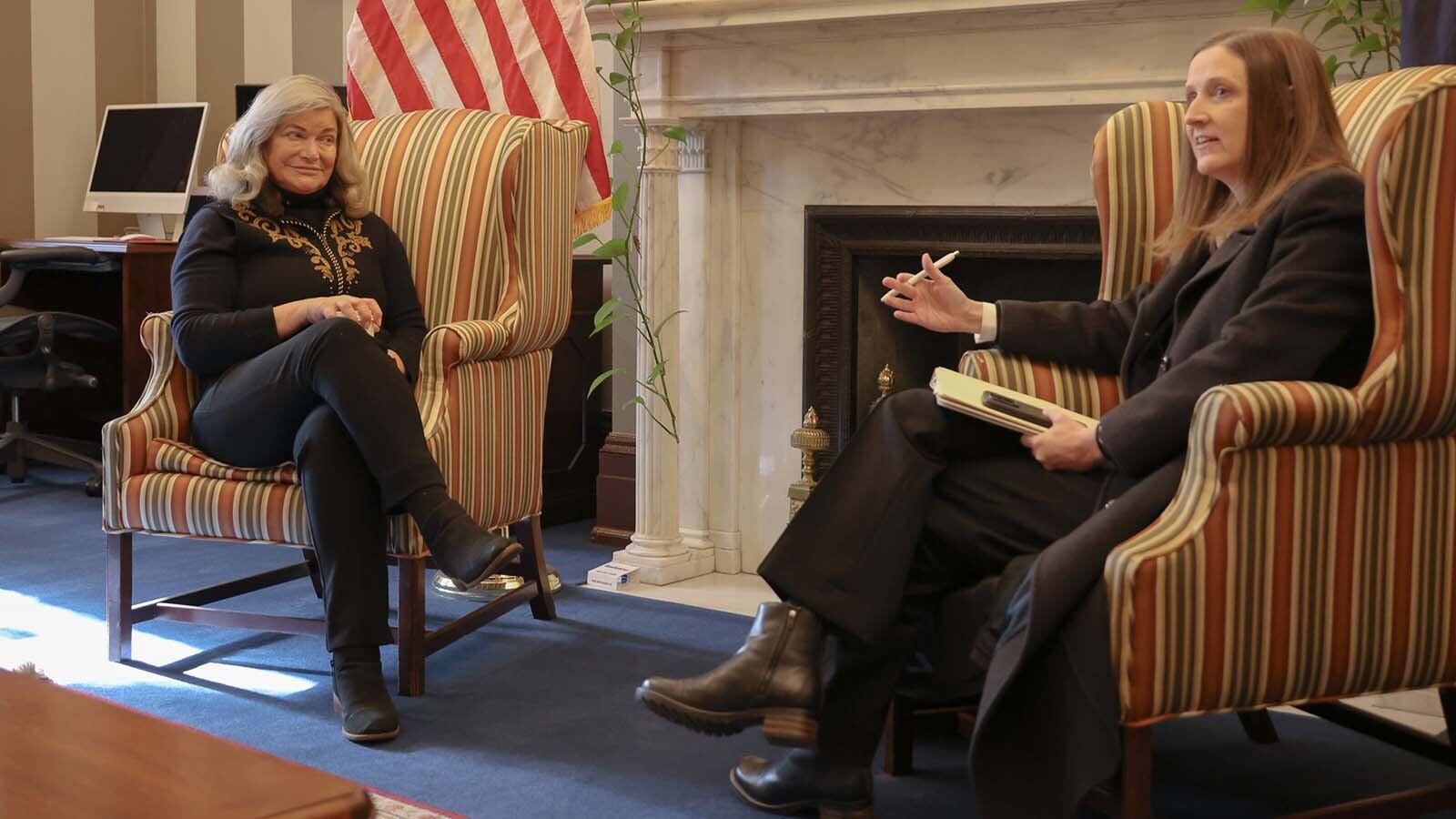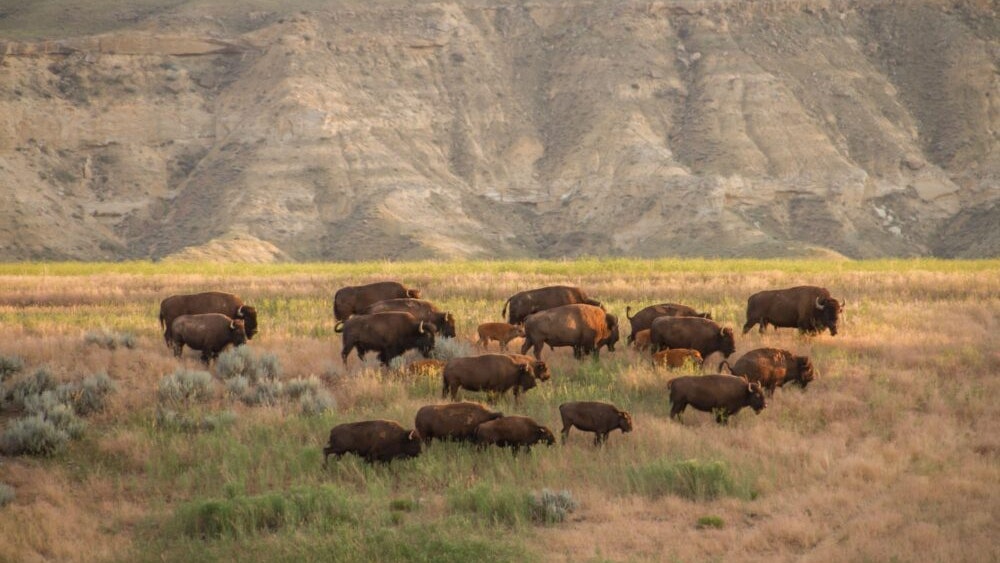A bill drafted in response to the Bureau of Land Management’s controversial Rock Springs Resource Management Plan would help Wyoming push back against harmful federal land use policies, supporters say.
Critics argue it will lead down a rabbit hole of pointless litigation that federal agencies would almost surely prevail with.
Despite the criticisms of it, the Wyoming House Judiciary Committee voted Friday to advance House Bill 36.
It would allow the governor, under advisement from the Wyoming attorney general, to refuse to provide any state, county or local resources to help enforce any federal land policy deemed to be against Wyoming’s best interests.
Give Sheriff ‘Some Strength’
Among other things, the bill would help Sweetwater County Sheriff John Grossnickle in his stated goal to push back against the BLM plan, Rep. Scott Heiner, R-Green River, told the committee.
“The Sweetwater County sheriff has publicly said that he will not enforce some of these (BLM) rules that he does not believe are constitutional, or within the laws that he has to obey,” Heiner said.
Heiner and Rep. John Winter, R-Thermopolis, aren’t on the House Judiciary Committee, but testified in favor of the bill.
Winter said the bill would hold the BLM to its own standards and mandated mission to manage land for “multiple use and sustained yield.”
“What we’re trying to do here is turn the BLM around so that they do the job they’re mandated to do relative to the resources out there on the land,” he said.
The BLM’s Rock Springs plan has been heavily criticized by many in Wyoming. The BLM manages about 3.6 million acres of land from the Rock Springs office, the bulk of it in Sweetwater Couty. Alternative B, which is the agency’s preferred, designates 1.8 million acres as “areas of critical environmental concern” (ACES).
Winter and Heiner on Friday reiterated some common criticisms of the plan, such as concerns that it could lead to widespread road closures, and strangle energy and mineral development.
‘Awkward Position’ For Governor, AG
Some on Friday questioned the wisdom of the bill.
Speaking on behalf of the Sheridan-based Powder River Basin Resource Council conservation group, Shannon Anderson said the bill would complicate things for the governor and attorney general’s office.
“It puts the governor and the attorney general in the awkward position of deciding whether federal law violates federal law. That is the role of the federal court system, it is not the role of the governor and that attorney general,” she said.
Explaining his intent to vote against the bill, committee member Rep. Ken Chestek, D-Laramie, said it would inevitably put Wyoming at odds with the U.S. Constitution’s supremacy clause.
Article VI, Clause 2 of the Constitution dictates that federal laws made under authority of the Constitution are the supreme law of the land.
He criticized the bill’s allocation of “$130,000 or $140,000” to create a new position in the Wyoming Attorney General’s office responsible for implementing the bill’s policies.
“I can’t imagine what that person’s job is going to be, except to watch what the federal government does and say, ‘No, bad federal government, you did the wrong thing here’ – and then that could lead us to all kinds of litigation that we would inevitably lose because of the supremacy clause,” Chestek said.
He proposed an amendment to the bill, adding a passage clarifying a “presumption of validity” of federal regulations without “clear and convincing” evidence to the contrary.
He said he would vote against the bill, even with that amendment, but at least it would “minimize the time we would spend in fruitless and unnecessary litigation.”
That amendment was rejected.
Committee member Rep. Mark Jennings, R-Sheridan, said the amendment wouldn’t be necessary, even if litigation with federal government results.
“The federal government has pretty deep pockets and they’re going to be able to protect themselves, even without the amendment,” he said.
State Can Stand Firm
Despite critics’ concerns, the bill would give Wyoming solid footing to push back against federal policies that go against its interests, said committee chairman Rep. Art Washut, R-Casper.
The bill aligns with the 10th Amendment of the U.S. Constitution, he said, because the state of Wyoming should have a say in managing its own resources.
The 10th Amendment reserves to the states or the people the powers not delegated to the federal government by the Constitution, nor prohibited by it to the states.
Committee member Barry Crago, R-Buffalo, proposed an amendment to remove some possibly confusing wording, such as the term “penalty” from the text of the bill. That amendment was accepted.
The bill doesn’t propose any penalties, Crago said. It merely gives Wyoming the right to refuse to help enforce regulations in some cases.
“All we’re saying is, we’re not going to assist the feds to do what they can’t do,” Crago said.
Mark Heinz can be reached at mark@cowboystatedaily.com.





